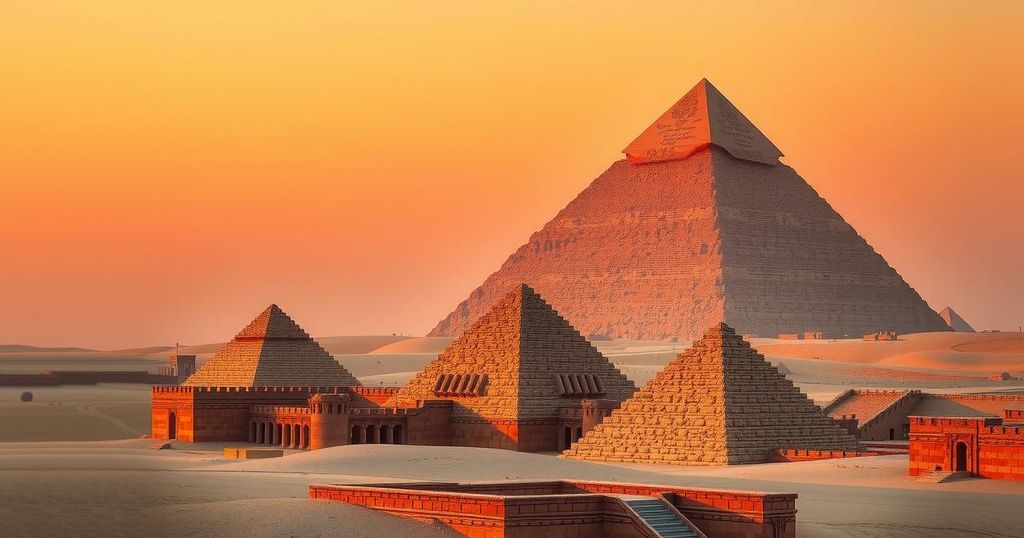A year after UAE and IMF support, Egypt’s economy has stabilized, showing growth due to major investments and reforms despite challenges with Suez Canal revenue.
Egypt’s economy has entered a phase of stability following the significant support from the United Arab Emirates and the International Monetary Fund (IMF) over the past year. This resurgence marks a departure from the tumultuous times experienced during the COVID-19 pandemic. Despite persistent challenges posed by attacks on Red Sea shipping, which affect Suez Canal revenues, the government has capitalized on a $35 billion investment from Abu Dhabi in the Ras al-Hekma coastal real estate project and an $8 billion IMF program.
These strategic investments have prompted essential reforms that are now yielding positive results, reflected in improving economic indicators and heightened interest from international investors. This momentum suggests a cautiously optimistic outlook for Egypt’s economic landscape, as authorities work to leverage newfound stability while navigating familiar fiscal challenges.
Joining our community provides access to comprehensive insights on key markets, comments from global financial leaders and policymakers, and rankings and awards related to regional banking.
In summary, Egypt’s economy is experiencing a revival after stabilizing with substantial investments from the UAE and the support of the IMF. Key reforms initiated post-investment are beginning to produce favorable economic outcomes, though challenges remain, particularly concerning Suez Canal revenues. Continued interest from international investors underscores the importance of these developments for the future economic trajectory of Egypt.
Original Source: www.thebanker.com






